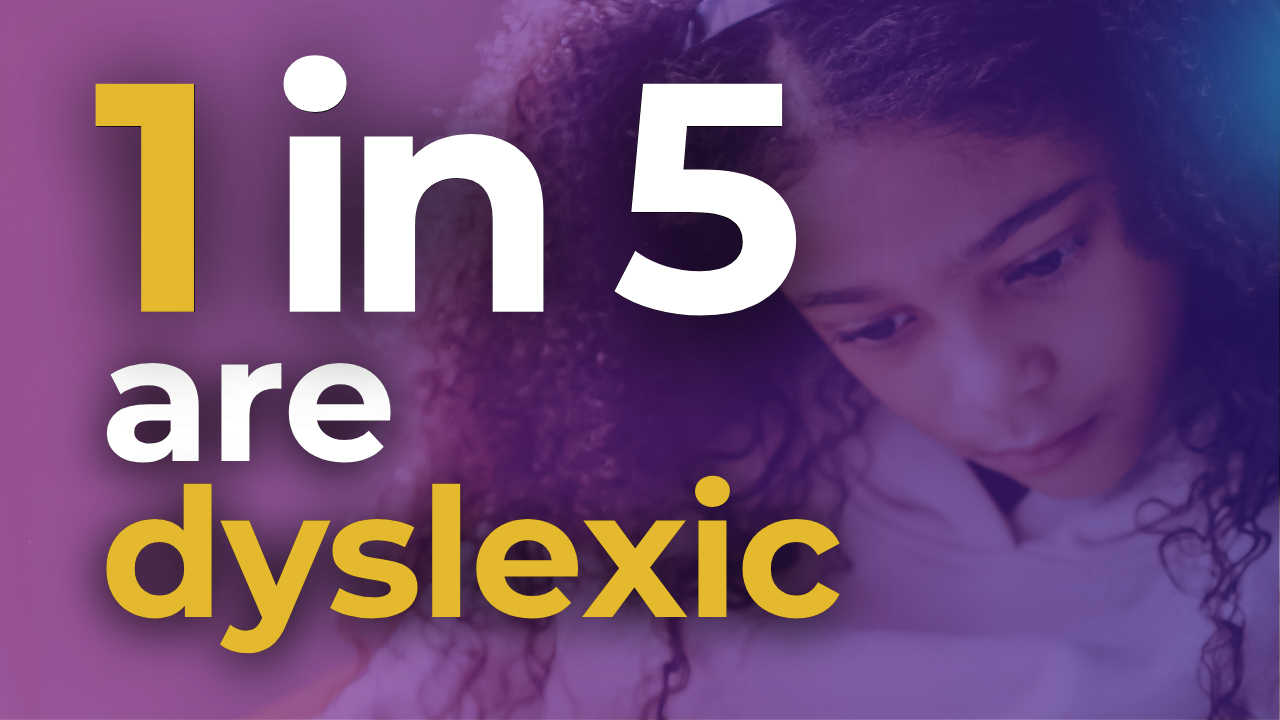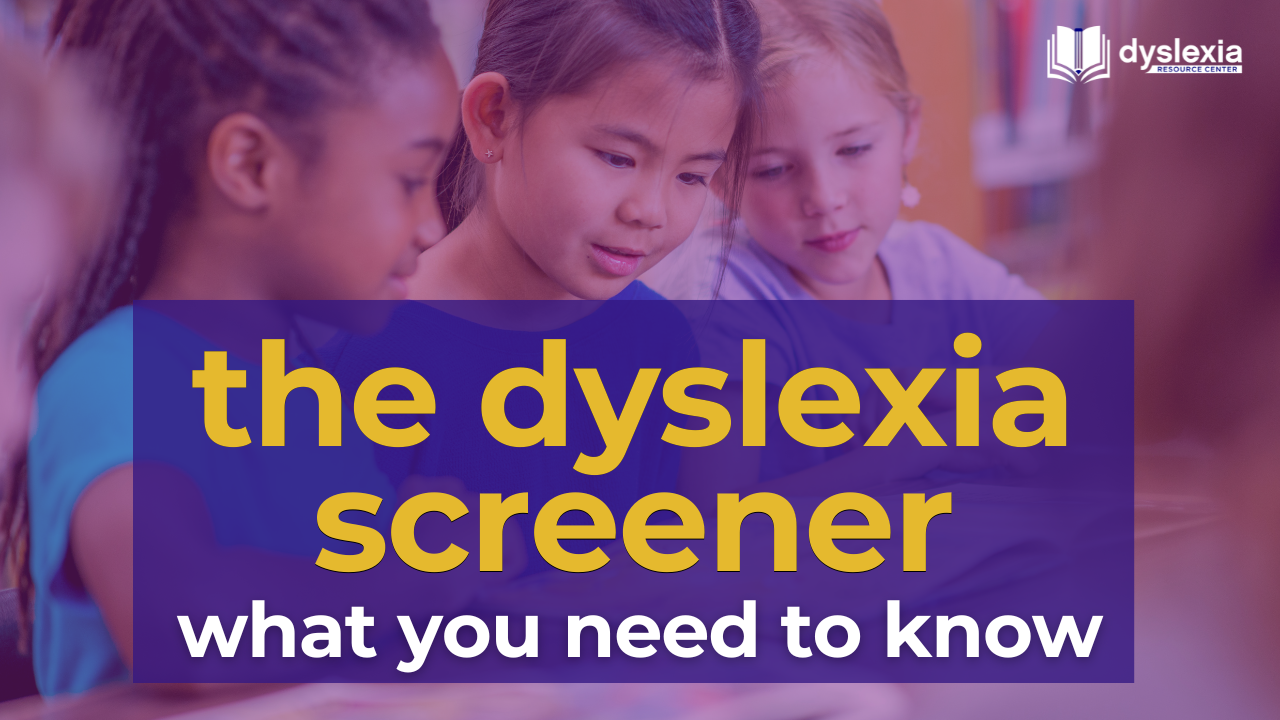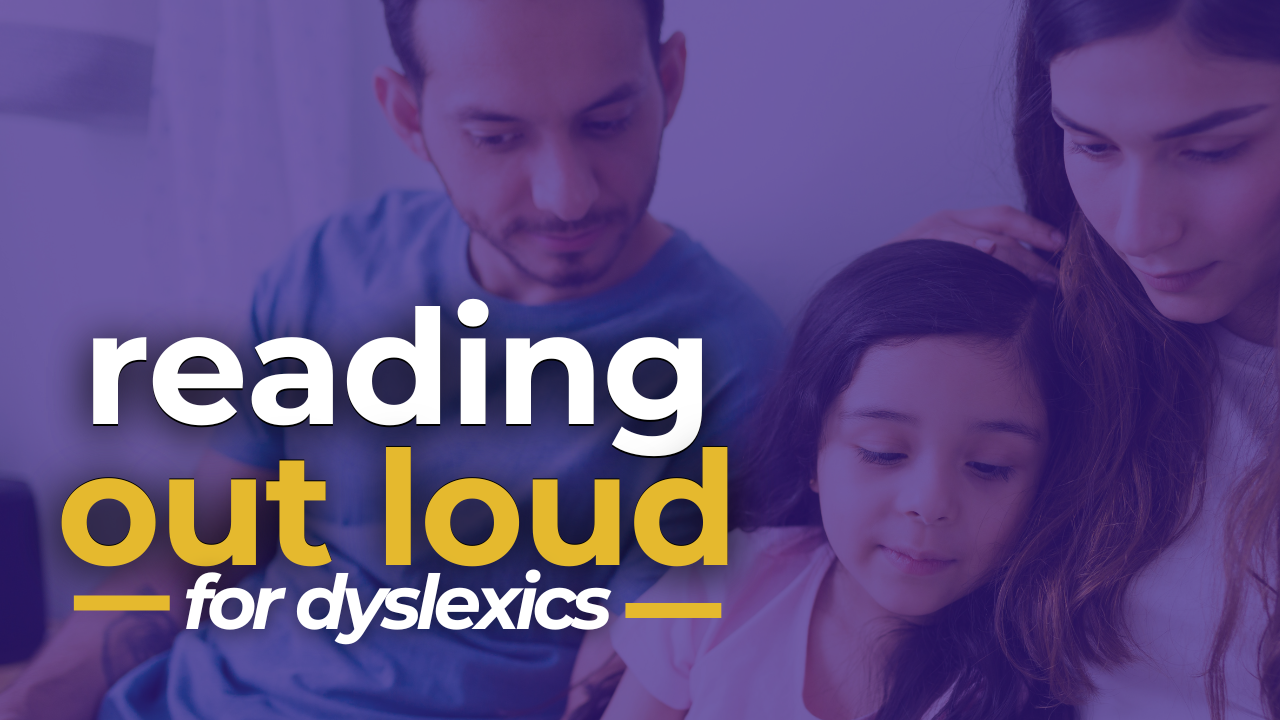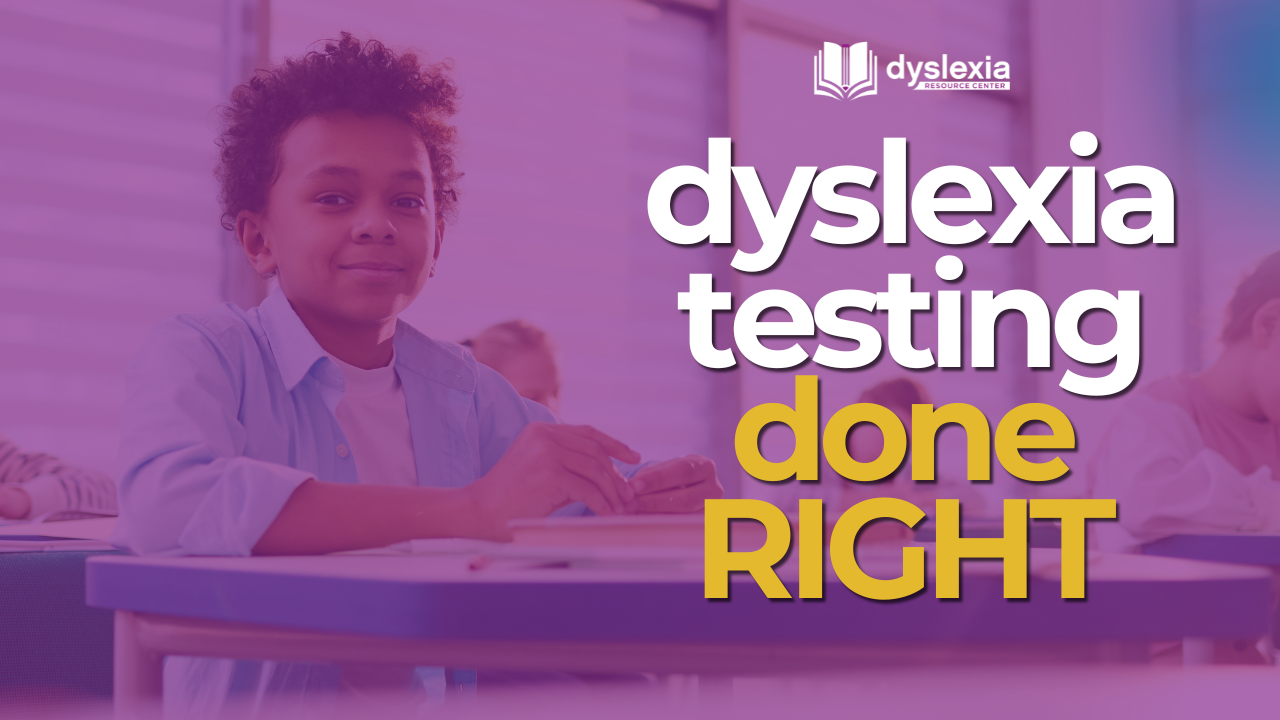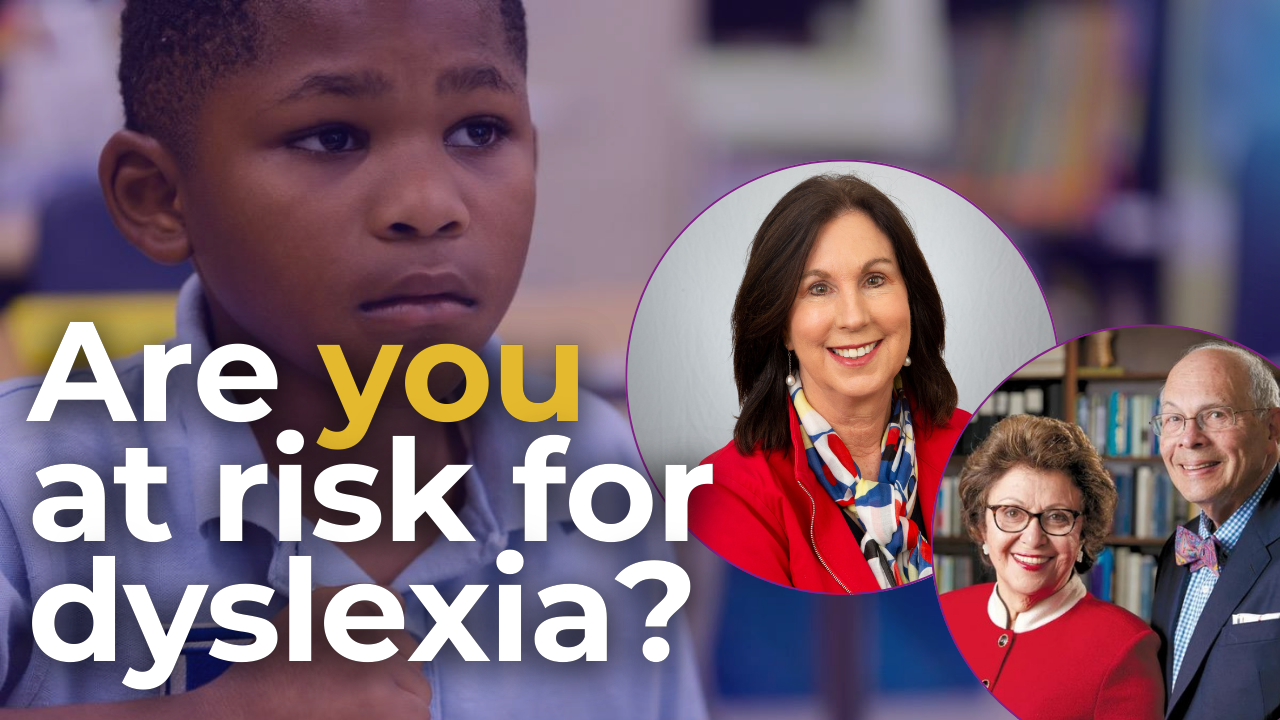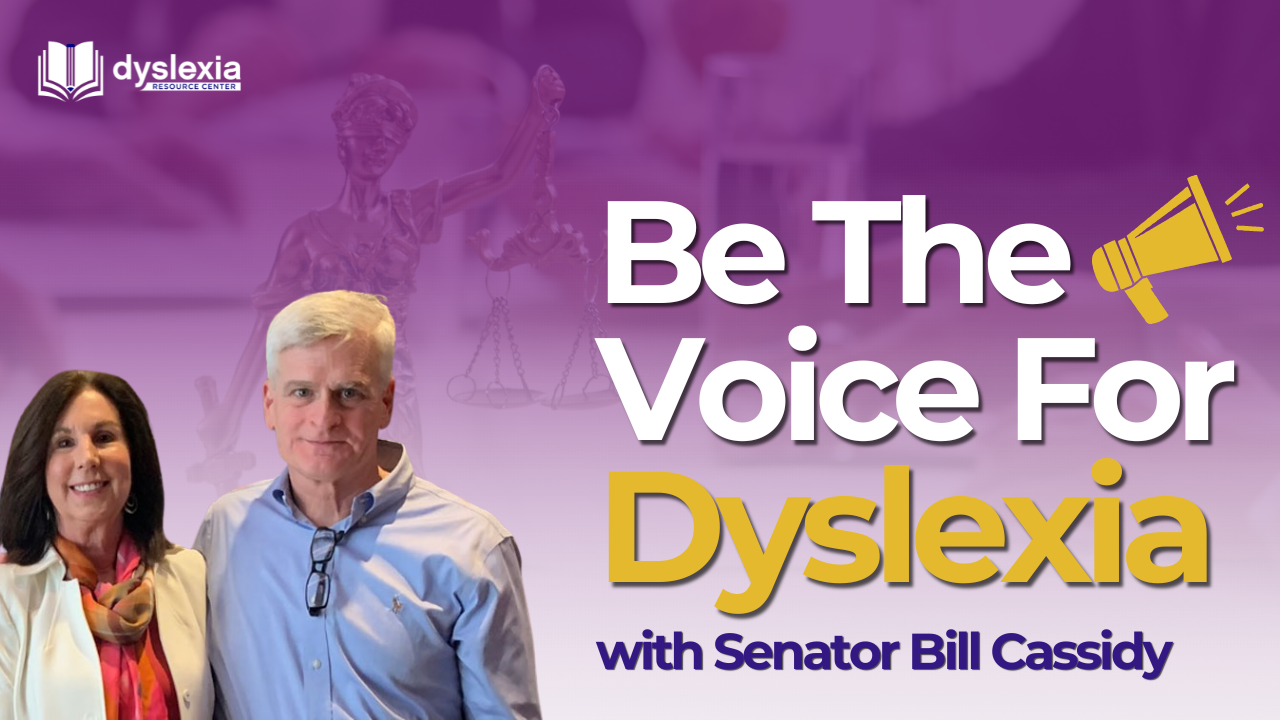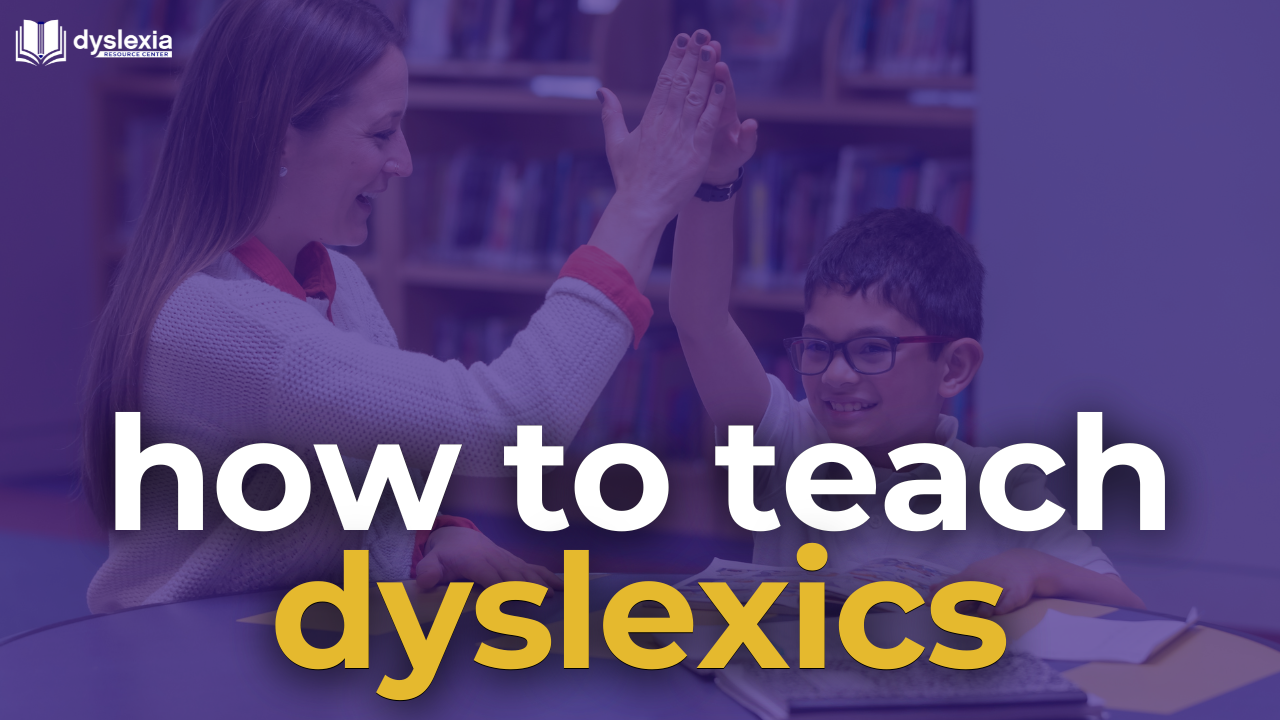Common Symptoms of Dyslexia in Children and How to Spot Them
Understanding Dyslexia: Common Symptoms in Children
Dyslexia is more common than you might think, affecting 1 in 5 individuals. It's important to note that it doesn't look the same way in everyone. In this blog post, we will explore the common symptoms of dyslexia in children and shed light on this often misunderstood condition.
Defining Dyslexia
According to federal and state law, dyslexia is characterized as "an unexpected difficulty in reading for an individual who has the intelligence to be a much better reader. And, is most commonly caused by a difficulty in the phonological processing which is the appreciation of the individual sounds of spoken language, which affects the ability of an individual to speak, read, and spell."
It is primarily caused by challenges in phonological processing, which refers to the ability to recognize and manipulate individual sounds in spoken language. As a result, individuals with dyslexia struggle with speaking, reading, and spelling.

The Connection Between Spoken and Written Language
Language development begins with spoken language. Humans have been speaking for far longer than they have been reading and writing. However, dyslexic students may experience delayed speech development, requiring the assistance of a speech therapist. Pediatricians often inquire about a child's vocabulary at around 18 months of age to identify any delays that may necessitate intervention.
During early childhood, children are exposed to oral language through conversations and read-aloud sessions at home or in prekindergarten classes. These early books often contain rhyming words that captivate children's attention. Unfortunately, dyslexic children may struggle to perceive these rhymes and fail to recognize that words like "ball," "hall," and "call" share similar sounds at the end.

Learning the Alphabet and Phonemic Awareness
As students progress, they begin learning their A,B,C's. However, dyslexic children may encounter difficulties with alphabet acquisition and struggle to remember both letter names and their corresponding sounds. What they know one day might elude them the next.
Phonemic awareness, the ability to identify and manipulate phonemes (the smallest units of language), is crucial for reading proficiency. Dyslexic students often face challenges in developing phonological and phonemic awareness. Understanding that written words can be broken down into individual sounds is essential for all children to become fluent readers.

Reading Challenges and Spelling Difficulties
Dyslexia is characterized by "an unexpected difficulty in reading". Unlike typical readers, dyslexic students do not exhibit a correlation between reading ability and intelligence. They may have average to above-average intelligence but struggle specifically with phonological processing.
Some dyslexic children may memorize common one-syllable consonant-vowel-consonant (CVC) words found in kindergarten and first-grade books, giving the illusion of reading proficiency. However, as they progress to higher grades, they become overwhelmed by multisyllabic words. Others may struggle with CVC words from the start, knowing a word on one line but failing to recognize it on subsequent lines.
Spelling poses another significant challenge for dyslexic students. While they might memorize words for a spelling test, they often forget them shortly after. When attempting to write unfamiliar words, they tend to spell phonetically, resulting in misspellings such as "laf" for "laugh" or "fone" for "phone."

The Emotional Impact and Hidden Strengths
Dyslexic students often experience anxiety and frustration due to their academic struggles without understanding the root cause. However, it's important to remember that these individuals are bright and creative. They possess excellent problem-solving skills and excel at seeing the big picture. While they may struggle with memorization and attention to detail, they can offer unique perspectives and deliver exceptional presentations on complex topics.
Empowering dyslexic children with knowledge about their condition can make a tremendous difference in their lives. Understanding why they face challenges, realizing that dyslexia has a name, and recognizing their own intelligence can boost their self-esteem. Learning about famous dyslexics and advocating for themselves equips them with the tools to navigate the educational system successfully.
While school may present challenges for dyslexic students, their struggles tend to ease as they mature and develop strategies to overcome difficulties. By understanding their personal needs in the classroom and embracing their intelligence, dyslexic individuals can persevere and lead meaningful lives.
Remember, dyslexia does not define a person's potential; it is merely a hurdle they can overcome with the right support and understanding. Let's work together to create an inclusive environment where every child can thrive, regardless of their learning differences.
Note: If you suspect your child may have dyslexia, it is recommended to consult with professionals trained in diagnosing and supporting individuals with learning disorders. We can help at the Dyslexia Resource Center.
